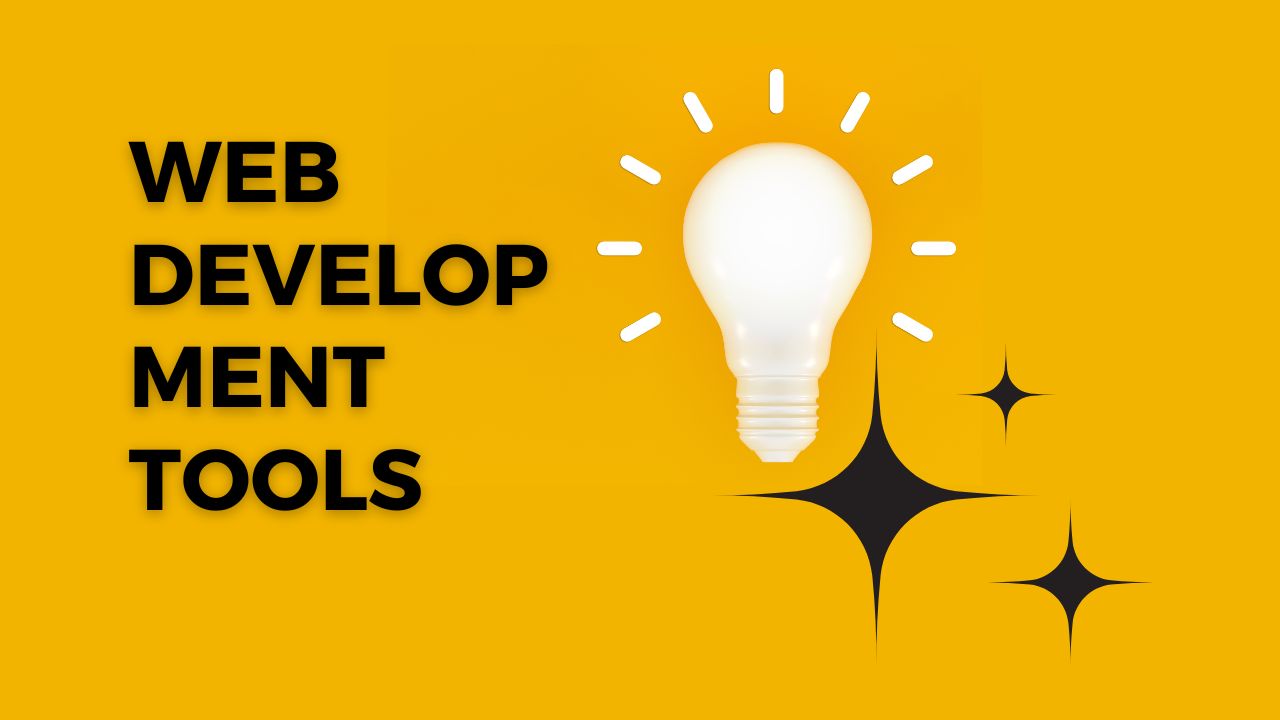
09
A Beginner's Guide to Web Development Tools
Discover essential web development tools for beginners in this comprehensive guide. From IDEs to version control systems and browser developer tools, learn how these tools can enhance your productivity and streamline your web development journey.
Introduction:
Web development is a dynamic and exciting field that involves creating, designing, and maintaining websites and web applications. As a beginner in web development, it's essential to familiarize yourself with the tools that can simplify your work, enhance productivity, and help you build high-quality websites. In this beginner's guide, we will introduce you to some fundamental web development tools that are essential for your journey into the world of web development.
- Integrated Development Environments (IDEs):
IDEs are powerful software applications that provide a comprehensive development environment. They offer features like code editors, debuggers, and built-in terminal access, making them ideal for web development. Popular IDEs include Visual Studio Code, Atom, and Sublime Text. - Version Control Systems (VCS):
Version control is crucial for managing code changes and collaborating with other developers. Tools like Git and GitHub allow you to track changes, revert to previous versions, and work seamlessly with teams on projects. - Web Browsers:
Web browsers are indispensable tools for web developers. They provide a platform to test and debug websites and ensure compatibility across different browsers. Chrome, Firefox, and Safari are widely used browsers, each with their own set of developer tools. - HTML Editors:
HTML is the backbone of web development. HTML editors like Adobe Dreamweaver, Atom, and Notepad++ provide code suggestions, syntax highlighting, and real-time previews, helping you write clean and error-free HTML code. - CSS Preprocessors:
CSS preprocessors like Sass and Less extend the capabilities of CSS, allowing you to write modular and reusable code. They offer features like variables, mixins, and nested selectors, making CSS development more efficient and maintainable. - JavaScript Libraries and Frameworks:
JavaScript libraries and frameworks provide pre-written code and functionality, saving you time and effort in developing complex web applications. Popular options include React, Angular, and Vue.js. - Browser Developer Tools:
Browser developer tools are built-in tools available in web browsers that assist in debugging and optimizing websites. They allow you to inspect HTML, modify CSS in real-time, debug JavaScript code, and analyze network requests. - Wireframing and Prototyping Tools:
Wireframing and prototyping tools like Adobe XD, Sketch, and Figma help you visualize and design the layout and user interface of your website before writing code. They enable you to create interactive prototypes and gather feedback early in the development process. - Performance Testing Tools:
Optimizing website performance is crucial for a seamless user experience. Performance testing tools like Google PageSpeed Insights, GTmetrix, and WebPageTest help you analyze and improve your website's speed, load time, and overall performance. - Documentation and Collaboration Tools:
Documentation tools like Confluence and collaboration platforms like Slack or Microsoft Teams facilitate effective communication and knowledge sharing within development teams. They help you document processes, share code snippets, and collaborate on projects.
Conclusion:
As a beginner in web development, these essential tools will serve as a solid foundation for your journey. From IDEs and version control systems to web browsers and performance testing tools, each tool plays a vital role in streamlining your workflow and enhancing your productivity. Experiment with different tools, explore their features, and gradually expand your toolkit as you advance in your web development skills.
Remember, the web development landscape is ever-evolving, and new tools emerge regularly. Stay curious, keep learning, and adapt to the changing trends and technologies. With the right tools and a passion for learning, you'll be well-equipped to embark on an exciting career in web development. Happy coding!
Contact
Missing something?
Feel free to request missing tools or give some feedback using our contact form.
Contact Us